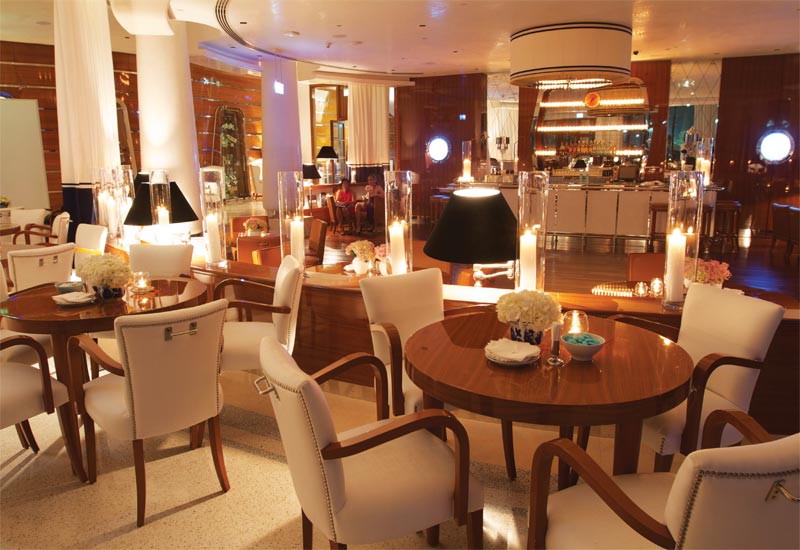For years, restaurateurs have relied on Italian eateries as low-risk, low-cost options. But consumer education and a new wave of Italian chefs are forcing them to rethink strategies
In the eyes of the Middle East F&B industry an Italian restaurant has always been a safe bet – almost a prerequisite in a new hotel. With high demand, low ingredient cost and a low amount of technical training needed for a chef.
But with supply chains and customer education improving, and an increasing presence of high-end Italian chefs in the region, the offering is becoming increasingly authentic.

| Advertisement |
Taste the difference
Talking on the penultimate day of Gulfood 2012, Maurizio Roberti, head chef at new restaurant RIVA on the The Shoreline, Palm Jumeirah Dubai, said: “There is a lot of fine produce here that I want for my restaurant, but most of the suppliers do not have distributors. It’s a shame because it’s better to have lots of distributors, rather than one supplier controlling all of it.”
It was a similar story all across the Italian pavilion, with a lot of companies searching for their first distributor in the region.
Pino Cipolla, director of export and freight for olive oil brands Pietro Coricelli and Cirio, thinks it’s because the Middle East market has yet to reach its full maturity, and buyers at the trade show do not fully appreciate the products.
“The Middle East is not yet ready to understand the quality of extra virgin olive oil,” he said. “Their tastes have not been trained for years and years by generations of their family. They will of course become more educated, but at the moment chefs are selecting lower quality oils from places like Syria.
“Currently we export 100 tonnes of oil a month using Emirates Snack Foods as a distributor,” he continued. “Roughly €3 million (US $4 million) worth a year to the Middle East – to Qatar, Bahrain and Oman. It is increasing year on year, and we think it will keep growing and growing.”
Educating consumers
If there’s one man who is on a mission to educate Dubai diners, it’s executive chef Francesco Guarracino. He joined BiCE Mare in Souk Al Bahar Dubai at the end of 2011 and immediately set up cooking masterclasses for the general public.
“The masterclasses are an opportunity for people to see BiCE Mare in a different way, from a different point of view – more like a family,” he says. “I want to make it comfortable for them to come here and be interested and learn how to make fresh pasta from 12 Italian chefs. They can have fun, have a joke, I want them to start to trust us.
“[During my career] I started to come out more and more from the kitchen, trying to get closer and closer to the customers, because my belief is I’m not cooking for myself, I’m cooking for other people and I want to know if they like it.”
It’s this customer interaction that Guarracino believes will take BiCE Mare from strength to strength.
“Sometimes we have a lot of interaction with customers, me and my sous chef. We spend a lot of time in the room talking with them, chatting to them, cooking for them on the table, and sometimes even to say: ‘madam, this is too much for you, you are asking too much’, or ‘don’t take this, it is very expensive today’.
“It’s kind of a relationship with my customers,” he continues. “They need to start to trust me, they close the menu and they put the faith in my hand and I give better food than they would get reading that menu.”
Article continues on next page ...









 Search our database of more than 2,700 industry companies
Search our database of more than 2,700 industry companies









